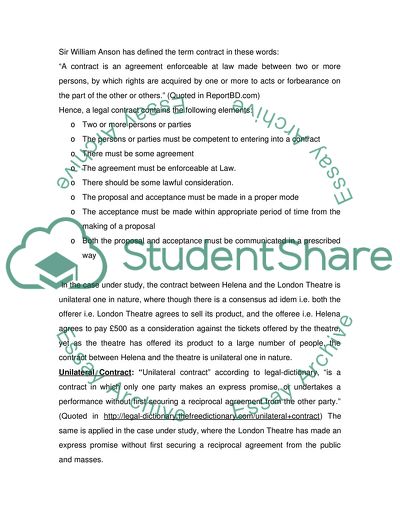Cite this document
(The Law of Contract Case Study Example | Topics and Well Written Essays - 2250 words - 5, n.d.)
The Law of Contract Case Study Example | Topics and Well Written Essays - 2250 words - 5. Retrieved from https://studentshare.org/law/1550822-contract-law
The Law of Contract Case Study Example | Topics and Well Written Essays - 2250 words - 5. Retrieved from https://studentshare.org/law/1550822-contract-law
(The Law of Contract Case Study Example | Topics and Well Written Essays - 2250 Words - 5)
The Law of Contract Case Study Example | Topics and Well Written Essays - 2250 Words - 5. https://studentshare.org/law/1550822-contract-law.
The Law of Contract Case Study Example | Topics and Well Written Essays - 2250 Words - 5. https://studentshare.org/law/1550822-contract-law.
“The Law of Contract Case Study Example | Topics and Well Written Essays - 2250 Words - 5”. https://studentshare.org/law/1550822-contract-law.


